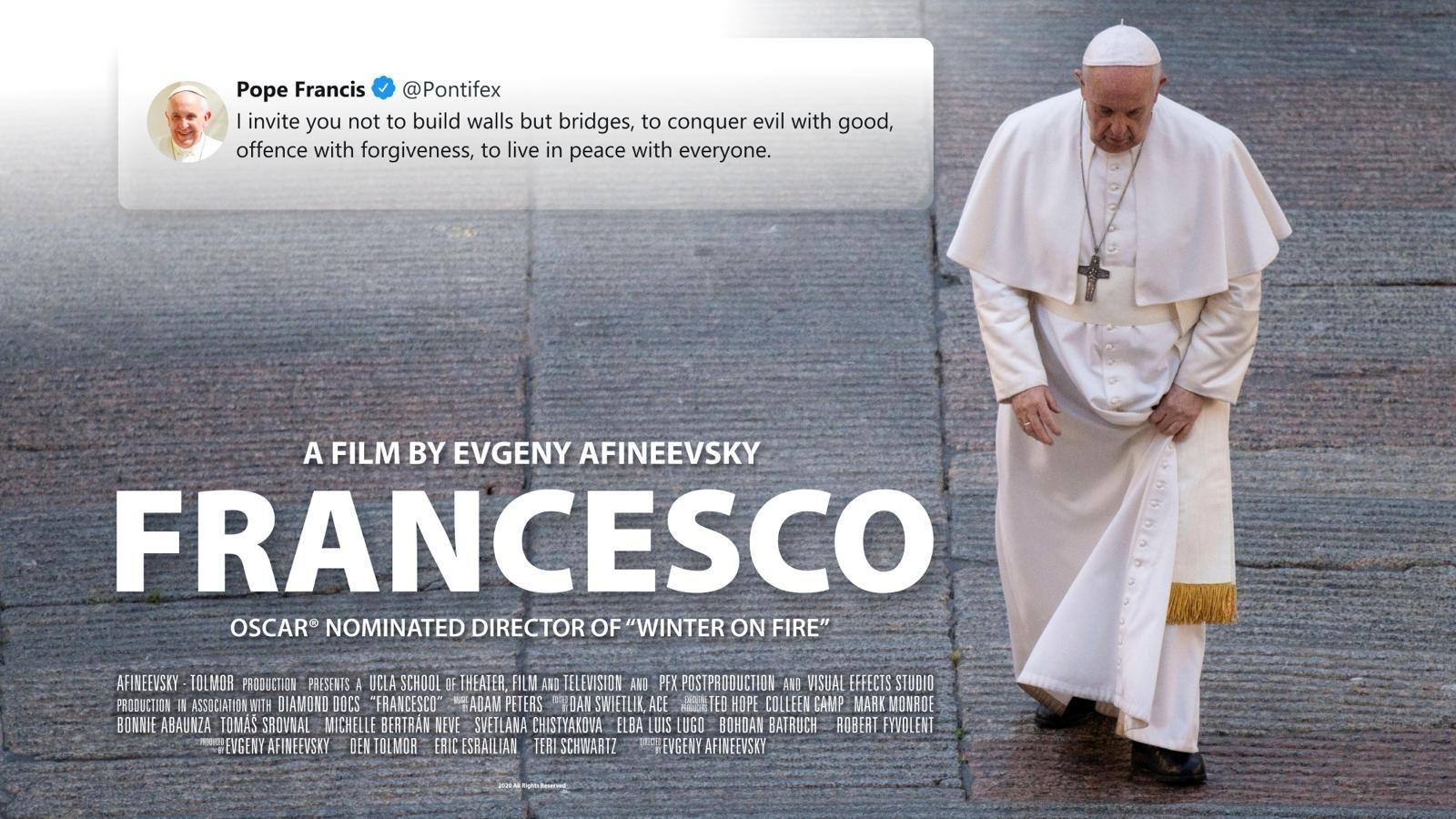ROSARIO, Argentina – Despite mounting doubt about whether Pope Francis’s bombshell remarks this week on civil unions in a new documentary are the result of clever editing by the movie’s director, a close ally from Argentina often dubbed his ghostwriter said the pontiff has always supported “civil coexistence” for same-sex couples.
“For him, the expression ‘marriage’ has a precise meaning and is only applied to the stable union between a man and a woman open to communicating life,” wrote Archbishop Victor Manuel Fernandez of La Plata in a Facebook post on Wednesday.
“This union is unique, because it implies a difference between the man and the woman who come together in reciprocity and enrich themselves in that difference, naturally capable of engendering life. As such, there’s a word, ‘marriage,’ only applicable to this reality,” Fernandez wrote.
“However, [Jorge] Bergoglio always recognized that, without calling it ‘marriage,’ there are in fact, very close unions between people of the same sex, which do not in themselves imply sexual relations, but a very intense and stable alliance,” Fernandez wrote.
These people “know each other thoroughly, they share the same roof for many years, they take care of each other, they sacrifice for each other,” he continued. “Then it may happen that they prefer that in an extreme case or illness they do not consult their relatives, but that person who knows their intentions in depth. For the same reason they prefer that it be that person who inherits all their assets, etc. This can be contemplated in the law and is called ‘civil union’, or ‘law of civil coexistence’, not marriage.”
Fernandez was commenting on a statement made by Pope Francis in a documentary premiered on Wednesday called “Francesco.”
The full quote, as included in the film is: “Homosexual people have a right to be in a family. They’re children of God, have the right to a family. You can’t kick someone out of a family, nor make their life miserable for this. What we have to have is a civil coexistence law; they have the right to be legally covered.”
It’s worth underlining that Francis chose to use the term “civil coexistence” and not “civil unions,” which was on the table in Argentina back in 2010, when his country legalized gay marriage. Yet the documentary’s official translation, that was then picked up by most news outlets, is “civil unions.”
According to Fernandez, who used both terms in his statement, the pope “always had this opinion, and even years ago there was a discussion in the Argentine Bishops conference where Bergoglio defended this, but lost. Most [bishops] said that this was going to be confused with marriage and they preferred not to innovate.”
Fernandez is a long-time protégé of Francis who’s been widely seen as one of his ghost-writers, including the landmark texts Laudato Si’, Amoris Laetitia and Evangelii Gaudim.
Fernandez, a priest at the time of Francis election, was appointed by the pontiff as rector of the Pontifical University of Argentina, and he was Francis’s first episcopal appointment.
Technically speaking, there’s a distinction between a cohabitation law that confers legal rights and protection to stable, longstanding non-marital relationships and a civil union that, in most of the western world give those privileges exclusively to same-sex couples.
After the first news cycle around the pope’s comments, doubts were casted on their origin.
Speaking with The Associated Press Jesuit Father Antonio Spadaro, a key communications adviser for Pope Francis, said that the pope’s comments were old news, as they were made during a May 2019 interview with Mexican broadcaster Televisa.
“There’s nothing new because it’s a part of that interview,” said Spadaro. “It seems strange that you don’t remember.”
But Televisa didn’t air those comments when it broadcasted the interview and the Vatican didn’t either. According to La Nacion, the journalist who conducted the 2019 interview, Valentina Alazraki, dean of the Vatican press corps, preferred not to comment on the situation.
The pope’s words seen in Francesco by Russian filmmaker Evgeny Afineevsky are a mix of an on-camera interview and voice-over.
The setting for the interview and the sections where the pope is seen and not just heard, are identical to an interview Francis gave to Televisa, and evidence arising shows the pope might have been censored at the time.
If the pope’s words come from that interview, in which the importance of keeping comments in their adequate context is discussed by the journalist and Francis, it’s worth noting that the Argentine pontiff stated that the fact that gay people have a right to a family does not mean to “approve of homosexual acts,” and that it’s “incongruent to speak of homosexual marriage.”
Yet neither of these lines were included in the documentary.
Follow Inés San Martín on Twitter: @inesanma












